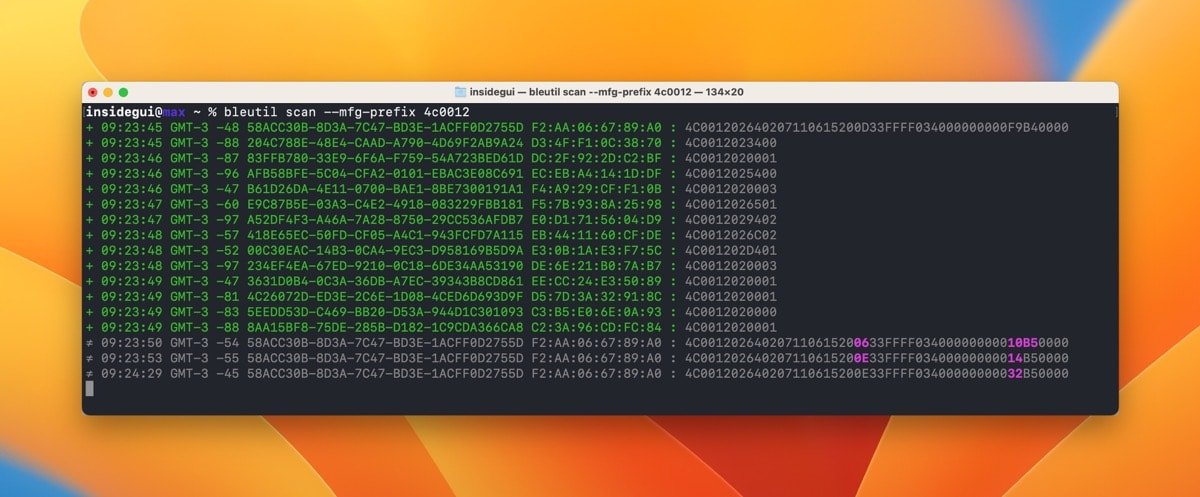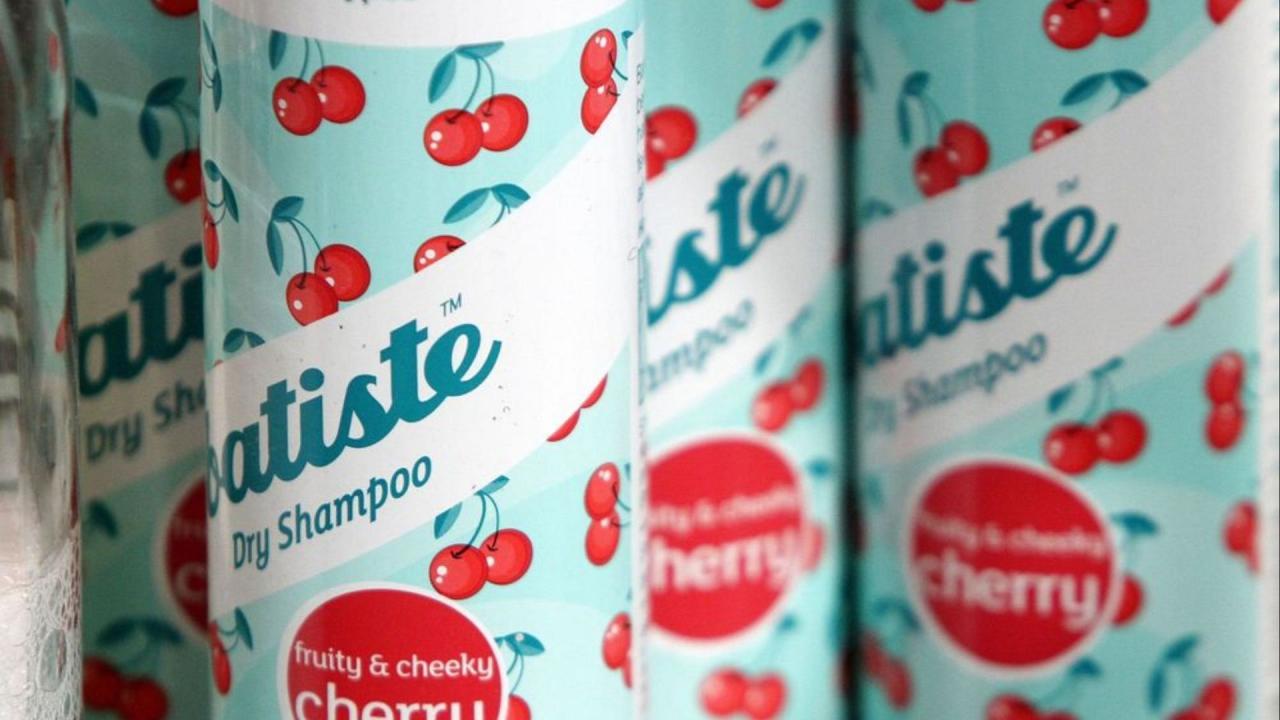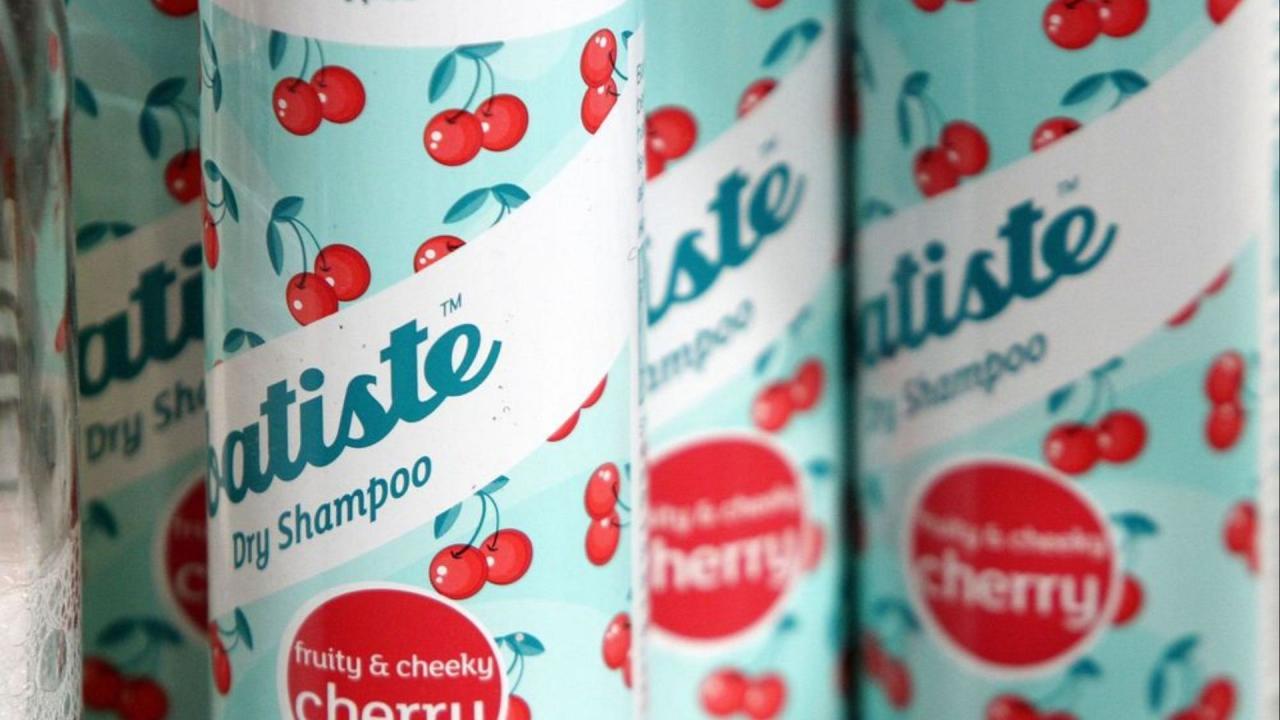Apple to pay $95M to settle lawsuit accusing Siri of eavesdropping – that’s the headline that grabbed everyone’s attention. This massive settlement stems from a class-action lawsuit alleging that Apple’s virtual assistant, Siri, secretly recorded and stored users’ private conversations without their knowledge or consent. The case highlights the growing concerns surrounding data privacy in the age of smart assistants and raises important questions about the balance between technological advancement and user rights.
We’ll break down the lawsuit, Apple’s response, and the implications for the future of voice assistants.
The lawsuit detailed numerous instances where Siri allegedly activated and recorded conversations even when users weren’t explicitly engaging with it. This included private conversations, sensitive personal information, and even recordings made while users were asleep. Apple, in its defense, argued that these recordings were accidental and part of a process used to improve Siri’s functionality. However, the sheer volume of alleged incidents, coupled with user testimonies, ultimately led to the substantial settlement.
This settlement isn’t just about money; it represents a significant shift in the conversation surrounding data privacy and the responsibility tech companies have in protecting user information.
Apple’s $95 Million Siri Eavesdropping Settlement

Apple recently settled a class-action lawsuit alleging that its virtual assistant, Siri, was secretly recording and storing users’ conversations without their explicit consent. The $95 million settlement marks a significant development in the ongoing debate surrounding the privacy implications of voice assistant technology. This article delves into the details of the lawsuit, Apple’s response, the settlement agreement, and the broader implications for user trust and data privacy in the tech industry.
The Lawsuit’s Allegations
The lawsuit, filed in 2019, claimed that Siri routinely recorded and transmitted user conversations to Apple’s servers, even when users weren’t actively using the voice assistant. Plaintiffs argued this constituted a violation of privacy laws, asserting that Apple collected sensitive personal information without proper notice or consent. The complaint cited specific instances where users’ conversations, including private medical information and financial details, were allegedly recorded and stored.
The timeline of events began with various user reports of unintended Siri activations and recordings, escalating into a class-action lawsuit. Several user experiences described in the lawsuit detailed scenarios where Siri activated unexpectedly, capturing private conversations about health conditions, financial transactions, or personal relationships. These accounts fueled the core allegations of unauthorized data collection and privacy violations.
Apple’s paying a hefty $95 million to settle a lawsuit claiming Siri was secretly listening in – talk about a privacy breach! It’s a big deal, but hey, did you hear about Luke Littler? Check out this article: Luke Littler wins World Darts Championship at age of 17 – but which Amazing news! Anyway, back to Apple – that Siri settlement is a serious reminder to be mindful of our digital privacy, even with tech giants.
Apple’s Response and Defense, Apple to pay M to settle lawsuit accusing Siri of eavesdropping
Apple initially denied the core allegations, maintaining that Siri only recorded conversations when explicitly invoked by users. Their defense centered on the argument that data collection was necessary for improving Siri’s functionality and accuracy. Apple highlighted its commitment to user privacy and emphasized the security measures implemented to protect user data. During the lawsuit, Apple made several changes to its Siri privacy practices, including enhancing user controls over data collection and providing clearer explanations about how Siri handles user information.
Compared to similar privacy controversies faced by other tech giants like Google and Amazon, Apple’s response was arguably more defensive initially, but it eventually adapted its practices and communications in response to the lawsuit and public pressure.
The Settlement Agreement Details

The $95 million settlement resolved the lawsuit without admitting guilt. The funds will be distributed to eligible class members who used Siri during the relevant period. The settlement’s implications for Apple’s future privacy practices remain to be seen, but it is expected to prompt more transparency and potentially stricter internal guidelines for data handling. Compared to other notable privacy settlements, such as those involving Facebook and Cambridge Analytica, this settlement falls within a similar range but reflects the specific context of voice assistant technology.
| Aspect | Detail | Impact on Users | Impact on Apple |
|---|---|---|---|
| Settlement Amount | $95 million | Financial compensation for eligible users | Significant financial cost; potential reputational damage |
| Class Members | Users of Siri during a specified timeframe | Resolution of privacy concerns; potential for future legal action | Potential for changes in Siri’s privacy settings and data collection methods |
| Legal Admission | No admission of guilt by Apple | No direct legal redress for individual privacy violations | Avoids potential for larger judgments; strengthens its privacy claims |
| Future Practices | Increased transparency and user controls | Improved privacy protection; greater control over data | Potential for enhanced security measures and better user trust |
Impact on Siri’s Future and User Trust
The lawsuit and settlement could significantly impact user trust in Siri. Concerns about data privacy may lead some users to switch to alternative voice assistants or reduce their reliance on Siri. The settlement might influence future development of voice assistant technology by encouraging greater transparency and user control over data collection. Apple might implement more robust privacy features, such as enhanced encryption and more granular control over data sharing.
A hypothetical infographic depicting the evolution of user trust in Siri could use a line graph with time on the x-axis and user trust (measured on a scale of 1 to 10) on the y-axis. Data points would show high trust initially, a dip during the lawsuit, and a gradual recovery (though perhaps not to the initial level) after the settlement.
Apple’s shelling out $95 million to settle a lawsuit claiming Siri was secretly listening – talk about a privacy breach! It’s a reminder to be careful about what tech you use, especially given other product safety issues, like the recall of certain sea and Himalayan salts in Canada; check this link for details: Sea and Himalayan salts recalled in Canada: ‘Do not use, serve or.
So, while you’re making sure your food’s safe, remember to be mindful of your digital privacy too. That $95 million settlement is a pretty big wake-up call.
The graph could incorporate visual elements like shaded areas representing periods of negative media coverage or increased user concerns. Different colors could highlight pre-lawsuit, lawsuit, and post-settlement periods. The overall trend would illustrate the impact of the lawsuit on user trust and Apple’s efforts to regain it.
Apple’s $95 million settlement over Siri’s alleged eavesdropping is a hefty price, highlighting the risks of data privacy. It makes you wonder how much those at the top of other industries earn, like the massive salaries of Canada’s highest-paid CEOs; check out this list to see Who are Canada’s top-earning CEOs and how much do they make? to compare.
Considering the potential fallout from privacy breaches, maybe those big CEO salaries should come with bigger responsibility regarding data security. The Apple case serves as a stark reminder.
Broader Implications for Privacy in Tech

This case highlights the broader challenges surrounding data privacy in the tech industry, particularly concerning the collection and use of data by voice assistants. Voice assistants inherently collect vast amounts of personal information, raising concerns about potential misuse or unauthorized access. Compared to competitors, Apple’s privacy practices are generally considered more stringent, but this case underscores the need for continuous improvement and greater transparency.
- Regularly review and adjust privacy settings for your voice assistant.
- Limit the amount of personal information shared with your voice assistant.
- Be mindful of what you say around your voice assistant.
- Consider using a VPN or other privacy-enhancing tools.
- Stay informed about privacy updates and policies from your voice assistant provider.
Concluding Remarks
The $95 million settlement in the Siri eavesdropping lawsuit marks a pivotal moment in the ongoing debate about data privacy and the ethical implications of voice assistant technology. While Apple avoids admitting wrongdoing, the substantial financial commitment underscores the seriousness of the allegations and the potential risks associated with the widespread use of voice assistants. This case serves as a stark reminder to both tech companies and users alike of the need for greater transparency and robust safeguards to protect personal information.
The long-term effects remain to be seen, but the settlement undoubtedly signals a new era of heightened scrutiny for the industry, pushing for more responsible data handling practices and increased user control over their privacy.
Helpful Answers: Apple To Pay M To Settle Lawsuit Accusing Siri Of Eavesdropping
What specific data was allegedly collected by Siri?
The lawsuit alleged Siri collected various data points, including private conversations, addresses, location data, and other sensitive personal information.
How will the $95 million settlement be distributed?
The details of the distribution are typically Artikeld in the settlement agreement and often involve payments to affected users based on their participation in the class action.
Did Apple admit any wrongdoing in the settlement?
No, Apple did not admit any wrongdoing as part of the settlement. Settlements often avoid admitting guilt to avoid further legal battles.
What changes, if any, did Apple make to Siri’s privacy settings after the lawsuit?
While the specifics weren’t publicly released, it’s likely Apple made internal changes to Siri’s data handling processes to mitigate future privacy concerns.
